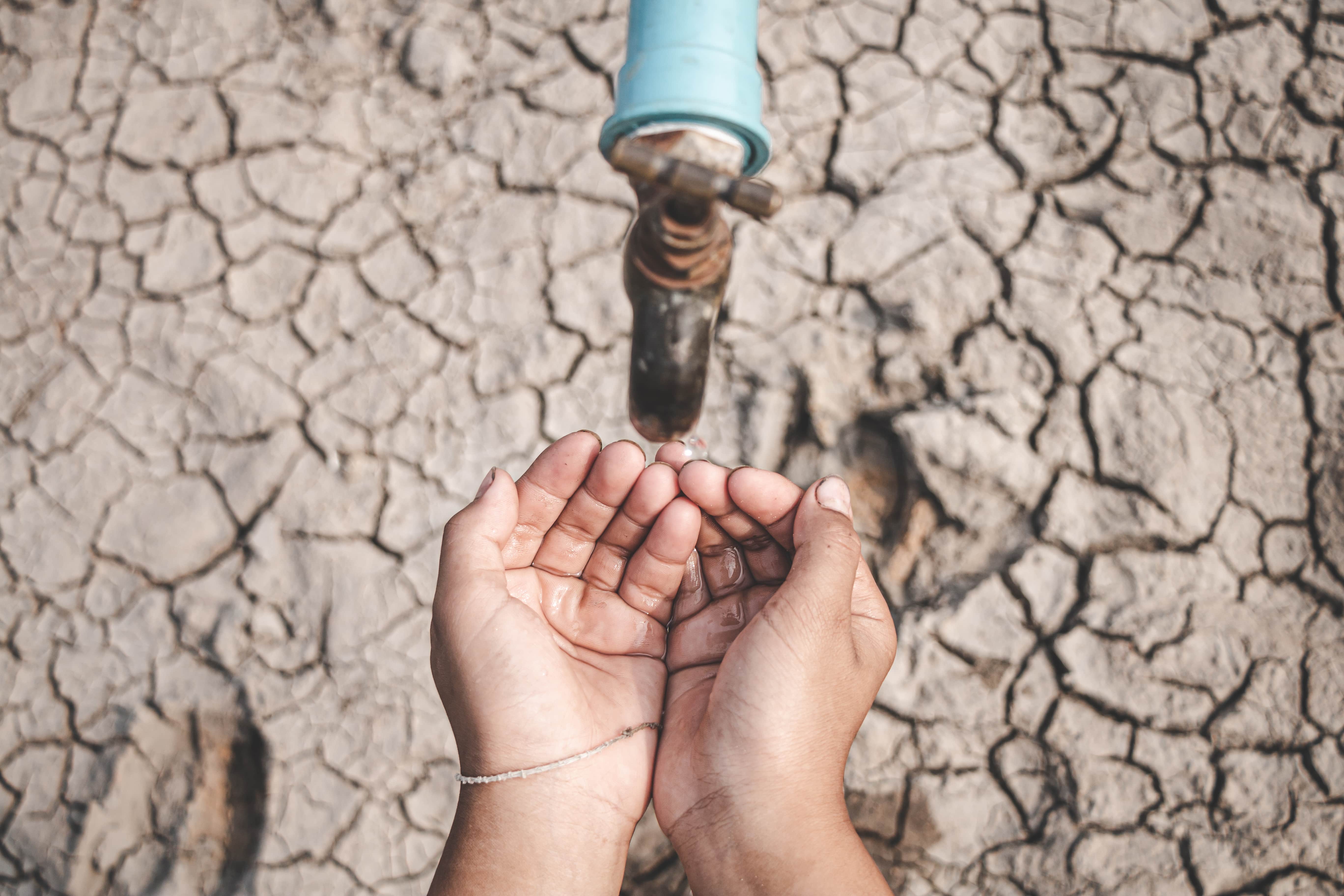- Home >
- Our Ideas
How CSR Can Address the Global Water Crisis Through Innovative Solutions

Each drop of water counts. And right now, the world is losing it quicker than we think. According to UNICEF, four billion people, which is almost two-thirds of the global population, still live without access to safely managed drinking water.
As the global water crisis intensifies, boardrooms are waking up to this realisation: addressing water issues is the responsibility of all of us. And that includes businesses. Let’s see how every business can become an active part of the solution through CSR water education campaigns and other such initiatives.
Global water scarcity is becoming more severe every year. By 2050, almost 57%, which means more than half of the world’s population, is expected to live in areas that face water scarcity at least one month a year.
And this crisis is not just limited to households. Agriculture utilises 70% of global fresh water. Moreover, sectors like textiles, energy, and manufacturing also rely heavily on water. So, almost all sectors are vulnerable to disruptions. That’s exactly why many businesses are including water stewardship as part of their ESG platform.
Many companies are introducing AI-based smart water management systems for water conservation. The technologies commonly have:
Ultrasonic flow meters that record consumption every 5 seconds
LoRaWAN networks with 5-10km data transmission range using low-power
ML algorithms that can identify anomalies and forecast maintenance requirements
Dashboard interfaces for real-time visualisation of the water network
Experts state that such smart water meters, if installed at strategic distribution points, can reduce water wastage by up to 10%.
Sometimes, resolving a water crisis begins by altering the way people think. That's where CSR water education campaigns begin.
Coca Cola started a Replenish Africa Initiative (RAIN) in 2009. The program was a massive success by improving access for almost 6 million people in the African subcontinent to clean water and sanitation.
This initiative derived genuine grassroots strength by way of employee volunteering. Trained staff can go out to rural schools, conduct workshops, and assist with small-scale conservation initiatives.
Similarly, many companies conduct local events and online seminars regularly to generate awareness of water conservation. Some even take a step further by funding school curriculum development on water consumption and hygiene.
Visionary businesses understand that water stewardship is the need of the hour and initiate many measures like:
Rainwater harvesting to collect the roof precipitation
Greywater recycling technologies that lower freshwater consumption
Constructing or rehabilitating community wells
Funding water research
Collaborating with local NGOs to build smart water management systems
Support clean water policies right from the local government levels
What matters is monitoring the effect. Businesses can leverage their ESG platform dashboards to quantify water saved and reduced usage. Advanced platforms facilitate clear reporting to optimise activities for improving the community benefits.
Employees are a business's greatest asset. Through employee volunteering, companies can establish many experiential water projects, such as:
River clean-up drives
Training in water maintenance and plumbing
Water management initiatives in water-scarce villages
When employees are part of something greater than themselves, their sense of belonging to the company increases. Soon, they become water ambassadors.
As water scarcity intensifies, the call for collective action becomes louder. Businesses with their active resource can do a lot to lead many pathbreaking changes to address these issues. Unfortunately, even some of their best water conservative efforts would go flat without this element: monitoring.
This is where SoulAce comes into the picture. As a reputable CSR partner in India, we make sure that your company’s efforts are directed in the right way. We have a solid CSR Monitoring and Management Platform where companies can monitor each drop of impact.
Yes, the way towards sustainability is challenging. But with collective efforts and innovative solutions, it’s still practical to attain.